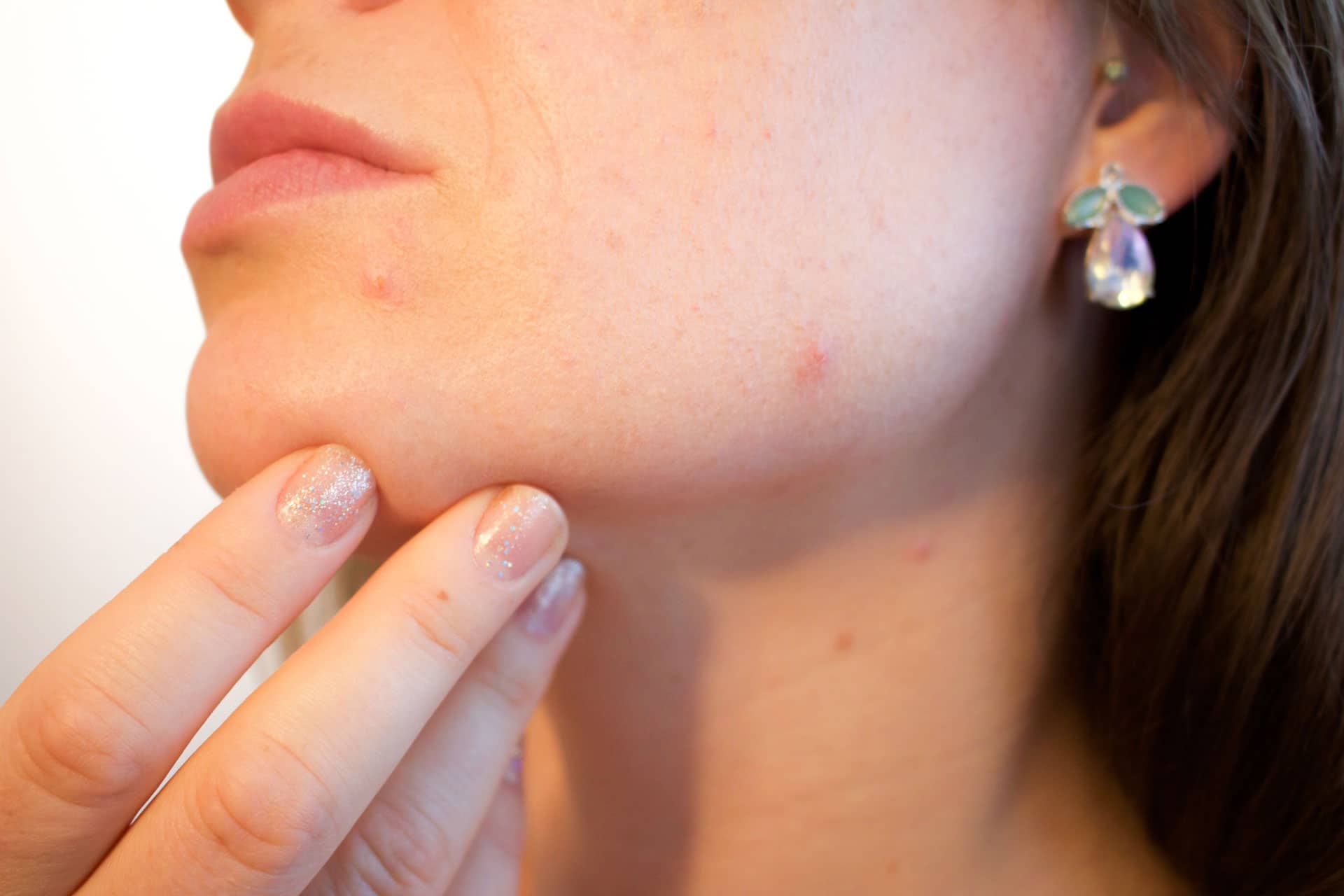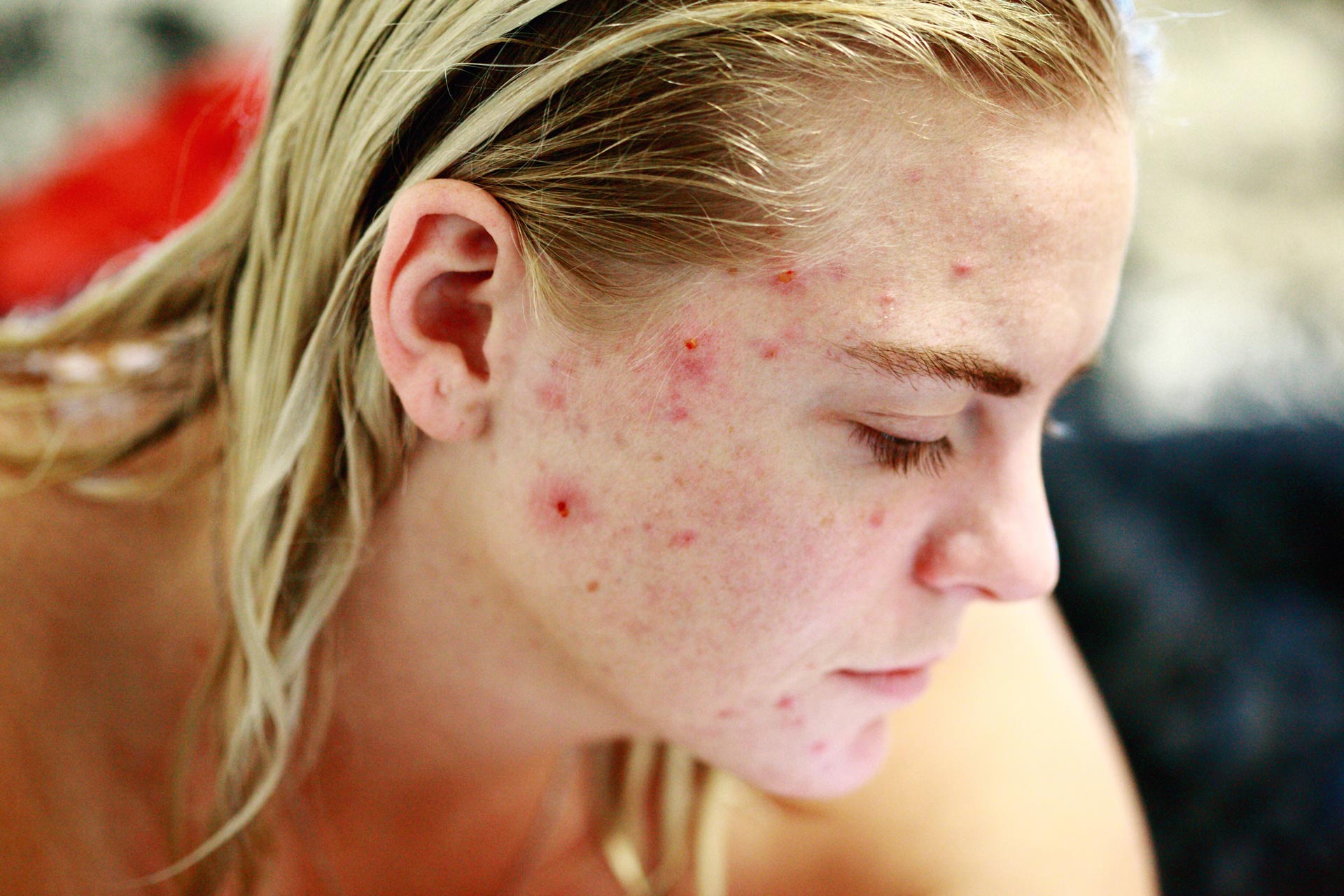
Treating Acne, it’s not just for Teenagers
There are widespread beauty myths that most of us grow up believing: that sleeping on wet hair will give you a cold, shaving makes your hair grow back thicker, and that acne only happens to teenagers.
Hydration is the key, drinking lots of water and fluids.


All acne, even if it’s a single pimple or blocked pore, can and should be treated, especially if it makes you feel self-conscious or anxious. Acne and the dark marks it leaves behind can make it difficult to attend school and work, socialise with friends, and generally enjoy life.
Excess sebum production (‘seborrhoea’) is driven by hormones. The hormones involved are called ‘androgens’, and include dihydrotestosterone (DHT) and testosterone.
Teenage acne is common due to the natural increase in androgen hormones during puberty, but adult acne is more common than you think – it can flare during menstruation (it’s thought that this is because less estrogen is available to suppress androgens),
Acne isn’t caused by a lack of hygiene or ‘dirty’ skin – so no amount of cleansing, scrubbing or exfoliating will get rid of it. In fact, this can inflame skin and make everything worse! Acne is simply a condition.
There are loads of over-the-counter acne cleansers and acne treatment skincare aimed at unclogging pores (salicylic acid, glycolic acid) and killing bacteria (benzoyl peroxide, which also has a pore unclogging effect).
Inflammation and diet are thought to play a role as well, though some argue that diet is less significant. Still, there is strong evidence that some dietary changes make a significant difference in acne treatment.
Skin experts agree that what you eat shows up on your face, and in the case of dairy, it’s not good. Dairy is mucus-forming and difficult to digest ( why so many people are lactose intolerant and sometimes, a side effect to the digestive system can arrive in the form of cystic acne or hard, painful bumps under the skin.
Diluted white vinegar is an amazingly broad antibacterial that can help kill the acne bacteria,
‘I recommend mixing a couple of capfuls of white vinegar in a small bowl full of purified water to use as a cleanser over the skin twice daily.
There is also a connection between gut health and skin health.
Regulating the healthy bacteria in the gut by getting a daily dose of probiotics can help decrease overall skin inflammation and encourage clearer skin.
Hydration is the key, drinking lots of water and fluids. Recommended six to eight glasses a day.
Taking supplements, such as vitamin B6, can help with stress, but there are also small changes you can make to your lifestyle. Find activities and practices that help you manage stress. Whether it’s yoga, guided meditation, breathing exercises, a walk, or just carving out some time for yourself, do what keeps you calm and happy, your skin should follow suit.
